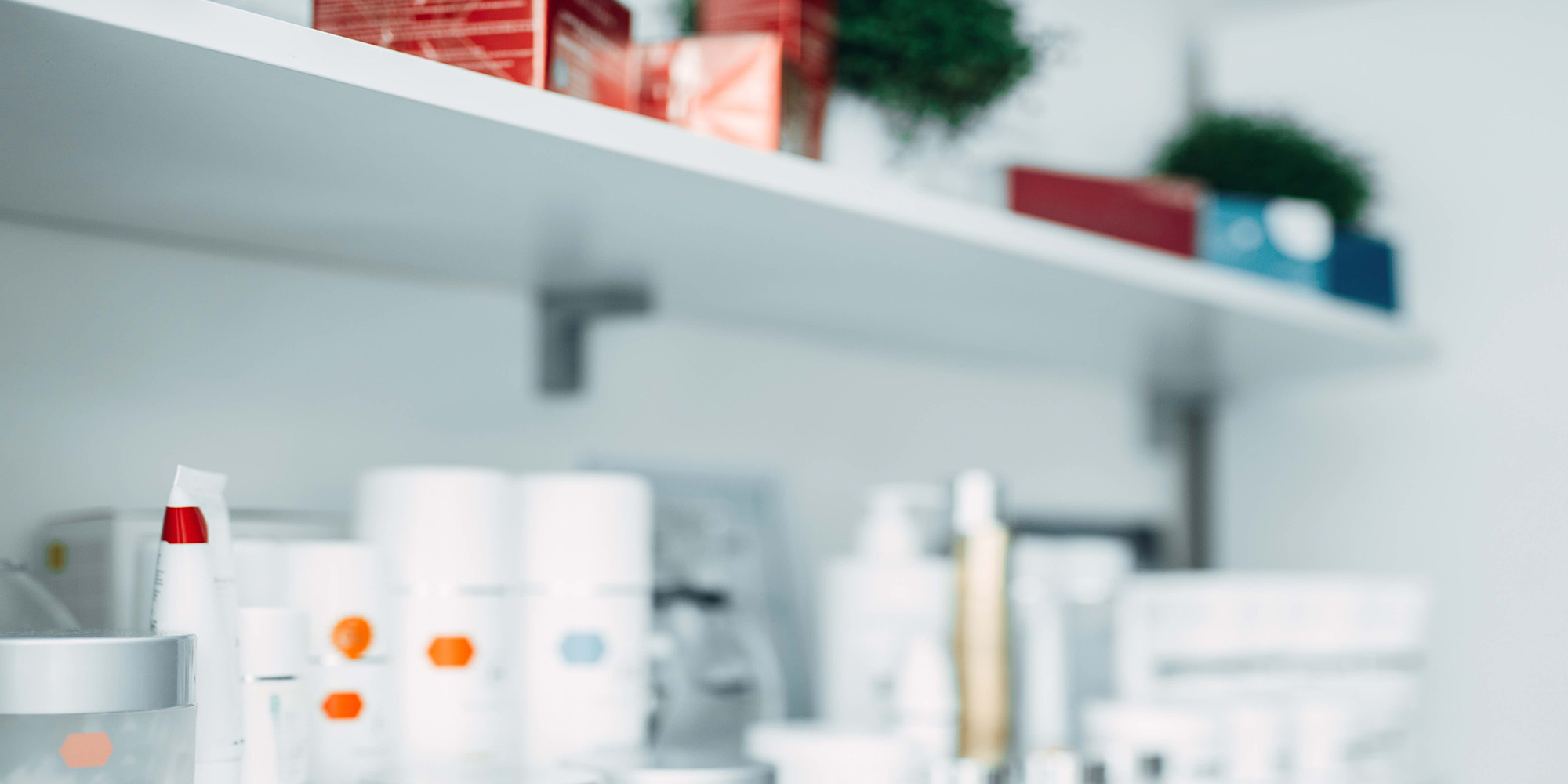
The Changes Former Sephora Chief Merchant Margarita Arriagada Wants To See In The Beauty Industry This Year
Valdé Beauty founder and former Sephora chief merchant Margarita Arriagada believes the beauty industry is on the precipice of major change. “We’re entering an era where everything that was conventional has to go out the window, and we’ve got to figure out new ways and new approaches to doing business,” she says. “We just don’t know if we’ll have another pandemic tomorrow. I think that organizations, retailers and brands need to have deeper conversations about what’s going on in the world, how do we prepare for it, and how do we take care of our people and our customers.”
Below, Arriagada outlines four themes she predicts—and hopes—will guide the beauty industry in 2024 and beyond as it confronts the conventions that she suggests should be tossed out the window.
1. A reimagining of specialty beauty retail
The promise of specialty beauty retailers is that they foster the joy of discovery, but Arriagada isn’t convinced that specialty beauty retailers are delivering on that promise, especially as they scale back on emerging brands. “I just don’t think that there are visionary people out there that are willing to take the risk to say, let’s bring experience in,” she says. “The future of retail lies somewhere between not being formulaic and not being completely customized. At the base level, it’s got to have a sense of discovery, though. That’s where the risk comes in where retailers say, you know what? I have no idea what kind of business 10% of my assortment is going to do.”
During her nearly 20-year tenure at Sephora, Arriagada played with different store layouts by, among many experiments, pulling out gondolas and replacing them with beauty stations to boost customer engagement. She points to the Sephora location in Manhattan’s Meatpacking district as an example of the strategy. Opened in the fall of 2011, the store featured mobile checkout, art installations and buzzy international brands exclusive to the location such as Ellis Faas and Koh Gen Do.
“There’s always the shackles of, ‘No, this is too hard to do,’ or ‘No, you can’t pull out the gondola,’ ‘No, you can’t make this change because it’s going to cost this amount,’” she says. “OK, well then turn it upside down and do it differently. I’m hoping that there will be some evolution of the multi-branded retailer because that’s what ultimately delivers the biggest value to the customer.”
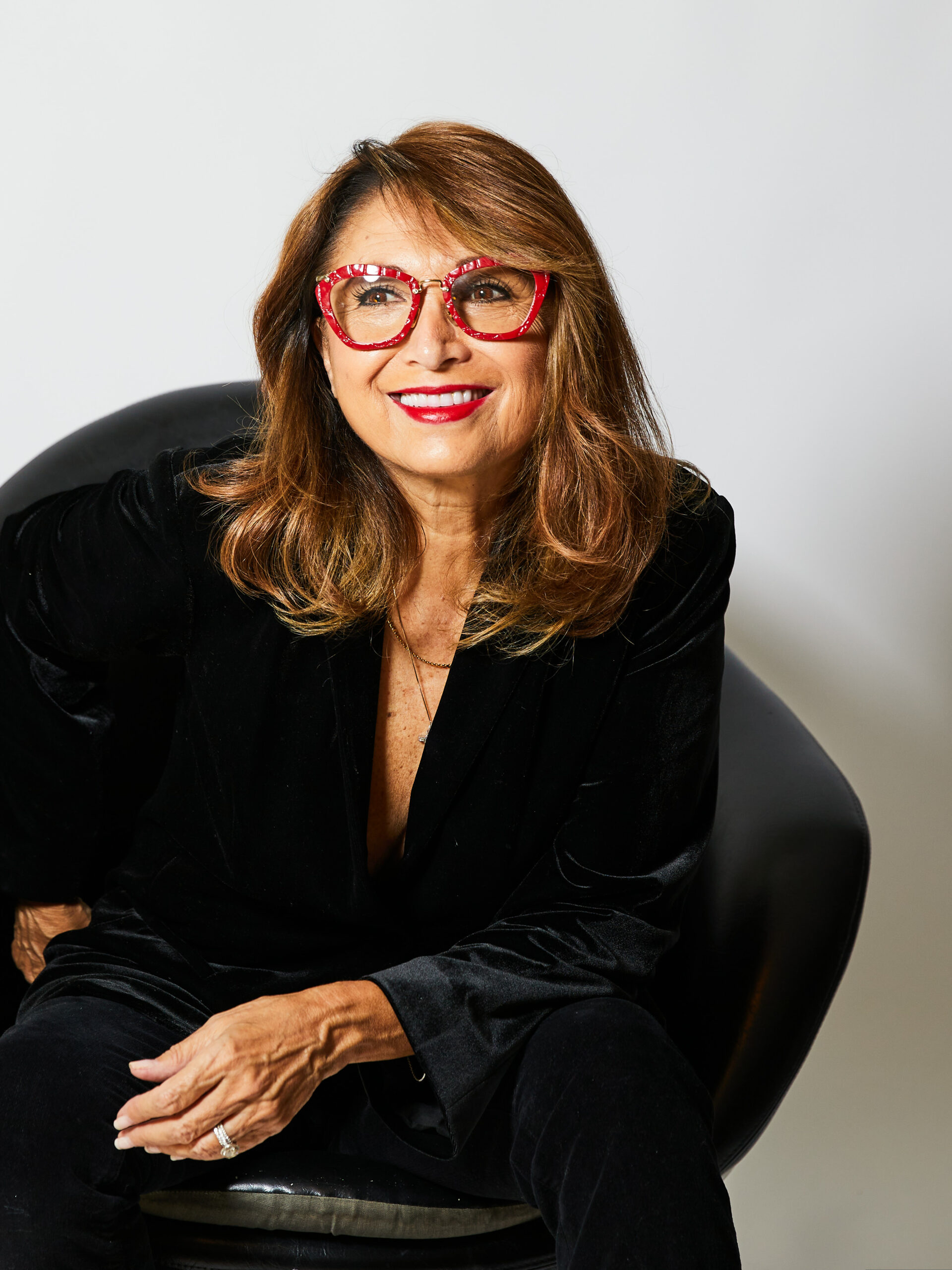
2. Fragrance bars SetTING An Example For Discovery
The beauty retail landscape isn’t completely dominated by cookie-cutter retailing. Arriagada is energized by the rise of branded and multi-branded fragrance bars like Scent Bar that offer bespoke consultations and merchandise their assortment by product attribute rather than brand.
“That feels like discovery to me. It feels really personal, and I’m loving that experience,” she says. “I’m making it a mission to visit every single one of them. I don’t think customers want anything formulaic anymore because that signals that it’s all about you and it’s not enough about me.”
3. Collaboration driving sustainability
From managing packaging and ingredients to understanding the carbon footprint of the supply chain, it’s challenging and can be steep to be a sustainable brand today. Arriagada, whose brand sells refillable lipsticks, argues that innovation will need to come from the top down as the cost of being sustainable often prices out small indie brands.
“Part of the sustainability pushback is the fact that it’s more expensive. We’ve got to bring down the cost so that we can make it more attainable for more brands to participate,” she explains. “I expect the L’Oréals and Estée Lauders of the world to collaborate and share their knowledge. This is an area that we can’t be competitive about. We can’t say, ‘Oh, well we own this, and this is my proprietary approach.’ This is something that we have to figure out to drive sustainability forward.”
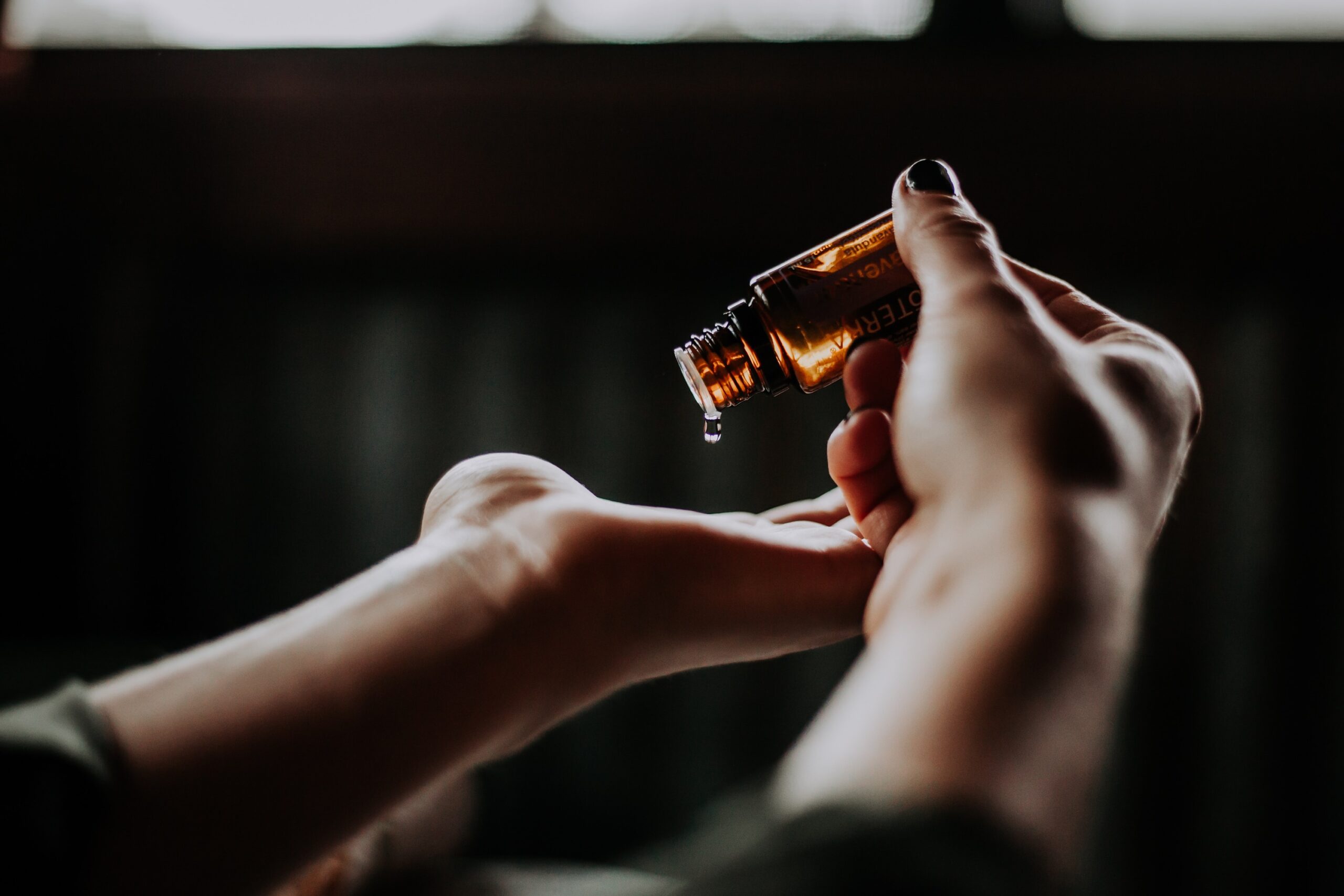
4. Mental health Dominating Beauty and Wellness
The past three years have been packed with stress-inducing events at home and abroad, including a pandemic, economic instability and geopolitical conflicts. Against that backdrop, Arriagada predicts the wellness industry will make a hard turn towards mental well-being and step up product and technologic developments to deliver solutions for weary consumers. The mental health segment stands to gain a lot of ground. According to the Global Wellness Institute, it accounted for $181 billion of the $5.6 trillion global wellness economy in 2022, trailing personal care and beauty, nutrition, public health, wellness tourism and other segments.
“We’re still feeling the ramifications of COVID, which has had a profound fundamental impact on our psyche. All we talk about in the industry are the stats. Gen z this, what are they into, what’s trending, and what’s selling,” she says. “We’re so focused on the commercial aspect of business and not enough on the emotional need of business. It should come from a place of, how do we help solve problems? This is where the legacy brands have a leg up. They’re the ones that can really deliver some of those bigger picture solutions that indie brands cannot.”
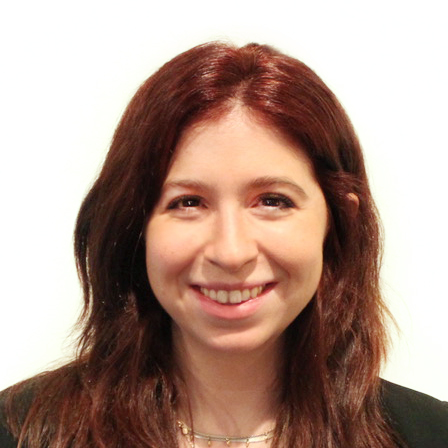
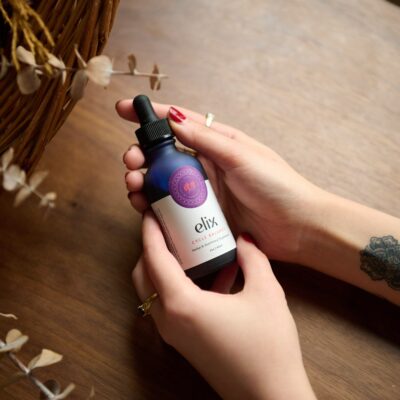
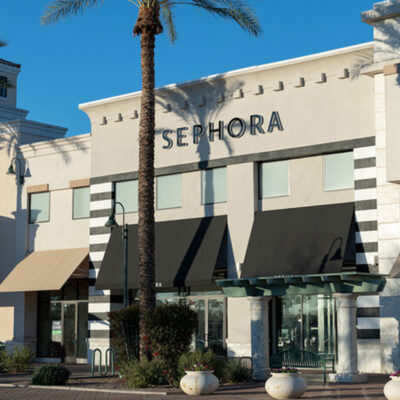
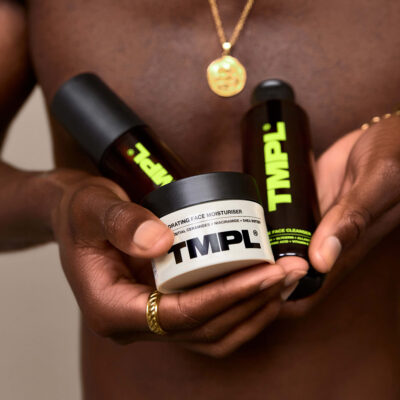
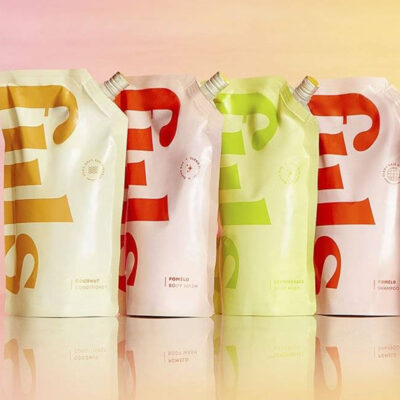
Leave a Reply
You must be logged in to post a comment.